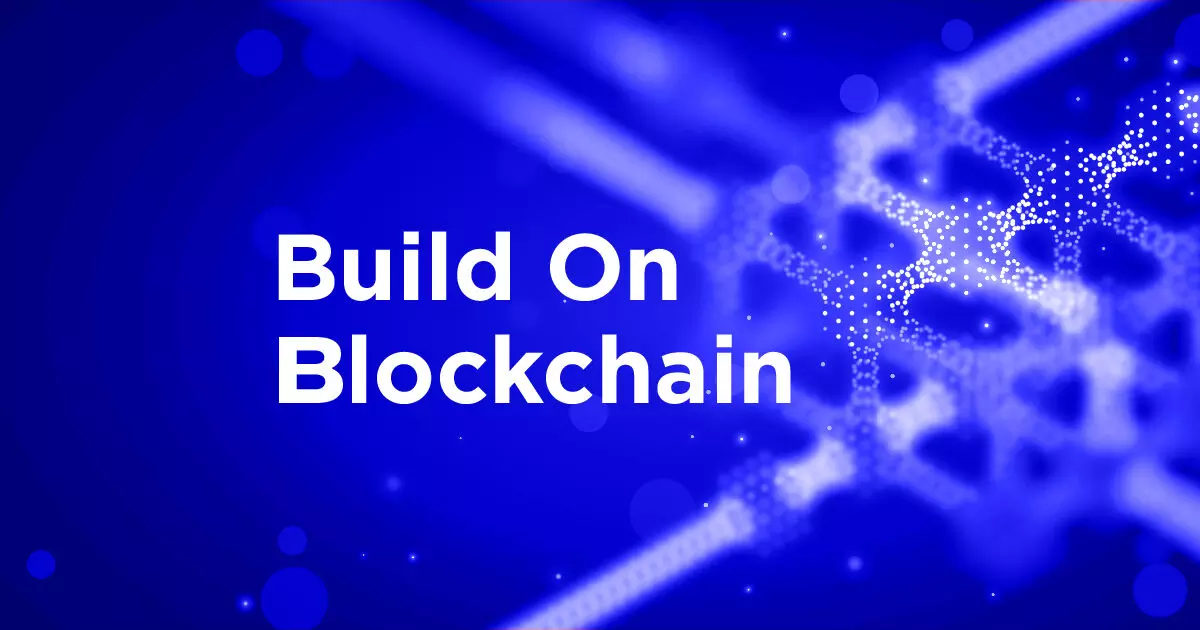
- Home
- Technology
- Why Stock Brokers Are Going To Be Upset...
Why Stock Brokers Are Going To Be Upset With Blockchain’s Next Move
Platforms like Coinbase, Kraken, and Robinhood are rolling out tokenised stock offerings — digital versions of equities like Apple or Tesla that can be traded 24/7, across borders, without traditional brokers or exchanges.

Ask any Indian investor who’s tried to buy US stocks, and they’ll tell you it’s a pain. The thrill of owning a piece of Apple or Tesla evaporates rather quickly between the paperwork, remittance forms mandated by India’s central bank, the Reserve Bank of India (RBI), forex charges, and long settlement cycles.
But how about not just being able to buy listed US shares, but also unlisted shares like SpaceX, OpenAI, or Stripe from your phone, without going through a broker or even waiting for US markets to open?
You don’t have to be a millionaire or an accredited investor. All you need is a few thousand rupees and a crypto wallet.
This is the pitch that global blockchain platforms are making and some of them have already started. The idea is simple in theory, but massive in ambition:
Take real-world shares of companies, represent them as tokens on a blockchain, and let anyone trade them like crypto.
These aren’t fake assets or fantasy coins; they’re backed by actual shares, held by a custodian. Or at least, that’s the claim.
For Indian investors who are still warming up to the idea of investing in global equities and curious about digital assets despite regulatory hurdles, this could be a real game-changer.
What’s Happening Globally
Around the world, there’s a quiet attempt to shift the plumbing of the stock market onto the blockchain.
Platforms like Coinbase, Kraken, and Robinhood are rolling out tokenised stock offerings — digital versions of equities like Apple or Tesla that can be traded 24/7, across borders, without traditional brokers or exchanges.
In the US, the concept is still in sandbox mode, and regulators aren’t fully onboard, but there’s movement. Elsewhere, like Bermuda or parts of Europe, new rules are giving crypto-native platforms room to experiment.
About a fortnight ago, it was reported that Republic, a US investment startup, has already started offering tokenised access to private companies like SpaceX and OpenAI — long out of reach for retail investors.
For now, the global tokenised stock market is tiny — just under $400 million in size. That’s barely a ripple in the $120 trillion ocean of global equities. But the interest is real, and the infrastructure is being built quietly, step by step.
Why This Matters for India
In India, retail investing has exploded over the past few years. Apps like Zerodha, Groww, and Paytm Money have made stock trading accessible to millions. But cross-border investing? Still a headache.
Tokenisation could break that wall. If a retail investor in Lucknow can hold a token representing a sliver of SpaceX or Nvidia, it changes the game.
Indian cryptocurrency exchanges have already started talking about how tokenisation of equities could change the game.
Sumit Gupta, co-founder at CoinDCX, told Business Line last week that the rollout of tokenised US equities by Robinhood and Coinbase is a milestone in the convergence of traditional finance and blockchain.
“This is a leap forward in not only providing democratised access to top-tier global equities like Tesla, Nvidia, and Apple, but also flexibility and cost-savings that are inherently part of the crypto trading construct,” Gupta said.
There is no doubt these new-age companies have shown that even Indian investors can get exposure to high-growth global stories without the friction or exclusivity.
But the reality is more complicated.
The Risks Are Real
Tokenised stocks aren’t traditional shares. You don’t get voting rights. You don’t become a shareholder in the legal sense.
What you own is a digital claim that represents a share—sometimes backed by a real custodian, sometimes just based on the issuer’s promise.
That means trust matters. So does regulation. And right now, India doesn’t have a framework to support tokenised securities. In fact, Indian markets regulator the Securities and Exchange Board of India (SEBI) and the RBI are still figuring out how to treat crypto assets, let alone blockchain-based shares.
But India is warming to the tech side of blockchain. SEBI has tested blockchain for recordkeeping. The RBI is experimenting with a wholesale Why Stock Brokers Are Going To Be Upset With Blockchain’s Next Move
(Central Bank Digital Currency).
The concept of regulated sandbox environments, which is already up and running in the UK and US, could be India’s way into this space without going all in on crypto chaos.
A New Way to Think About Ownership
Tokenisation changes the way assets or stocks are owned. It’s true that like a shareholder you may not have voting rights, but you do get economic exposure, and for many investors, that’s enough.
The big question is whether tokenised investing is just a new fad for the crypto crowd or a real path to financial inclusion.
In India, with its tech-savvy population and hunger for investment access, the potential is huge, but the guardrails need to be strong.
We may not be there yet, but the idea of buying a slice of the next unicorn on your phone — without borders or brokers — suddenly doesn’t sound like science fiction.
This series is brought to you in partnership with Algorand.
Platforms like Coinbase, Kraken, and Robinhood are rolling out tokenised stock offerings — digital versions of equities like Apple or Tesla that can be traded 24/7, across borders, without traditional brokers or exchanges.
Rohini Chatterji is Deputy Editor at The Core. She has previously worked at several newsrooms including Boomlive.in, Huffpost India and News18.com. She leads a team of young reporters at The Core who strive to write bring impactful insights and ground reports on business news to the readers. She specialises in breaking news and is passionate about writing on mental health, gender, and the environment.

